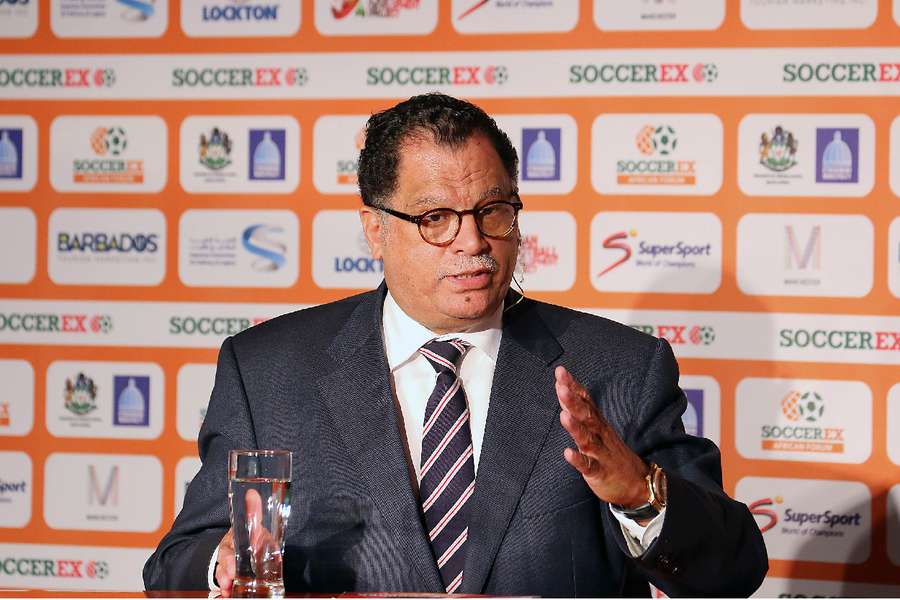Award South Africa next Women’s World Cup to help game become global, says Jordaan

South Africa are one of four candidates to host the next Women’s World Cup finals in four years’ time, up against Brazil and joint bids from Mexico and the USA and Belgium, Germany and the Netherlands.
The winner will be decided by a vote of FIFA’s member associations at their congress in Bangkok next May.
Danny Jordaan, president of the South African Football Association, said his country must be allowed to host the next tournament if there is to be more equality in the world game.
“When you look at world football, the first men's World Cup was 1930. The first World Cup in Africa was 2010. Almost 100 years later.
"And, as a result, the gap in the men’s game between European and South American football in relation to Africa and Asia is now impossible to close,” he told Reuters in an interview.
South Africa’s women are competing in Australia and New Zealand at a second successive World Cup.
They gave up a last-gasp goal on Sunday in their opening game of the tournament, going down 2-1 to Sweden in Wellington.
Jordaan hopes a compelling case about ensuring a more competitive world game will sway votes in his country’s favour.
“Of the global revenue for football, 80% goes to Europe. So Africa is on the margins. Now, if we sit back and do nothing, the same pattern will emerge in women’s football and we will struggle to close the gap.
“If we want football to be truly global, then we must increase the competitiveness of football throughout the world.”
'STRONG BID'
South Africa’s bid proposes using the infrastructure built to host the men’s finals in 2010 when it was held on the African continent for the first time.
“We have a strong bid to hopefully secure the Women's World Cup because that will inspire or invigorate and strengthen football for women on the continent and close that gap rather than allow the pattern to repeat itself.
“I think Africa can deliver a winner of the Women’s World Cup long before the men eventually get an African winner.
Of course, Morocco made it to the semi-final in Qatar last year, but I think it's going to be quite a challenge for Africa to eventually win a men’s World Cup.
But that doesn't mean you must give up. But I think on the women’s side, we have a greater chance,” he said.
